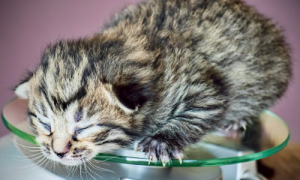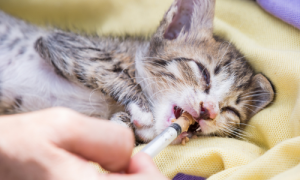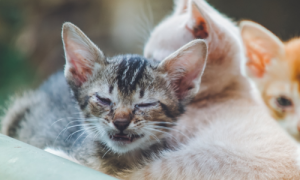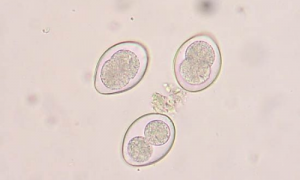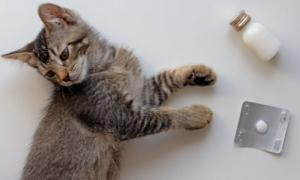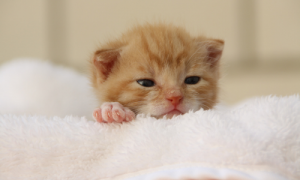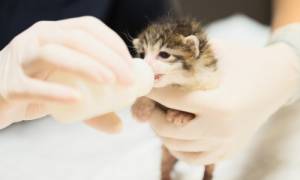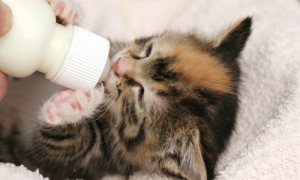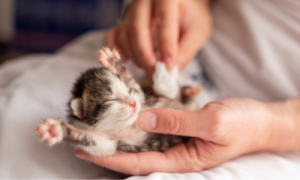Kittens come in all different sizes, shapes, and needs. If you are new to fostering, then we recommend starting out with already weaned kittens (5-6 weeks and above) or a mama and kittens. Many people believe they don’t have the room and ability to foster. However, all you need is a bathroom or even a box/plastic tub for smaller kittens!
What We Provide
We provide so much of the care when it comes to foster kittens! If you have found a kitten or litter of kittens, they need to be brought immediately to the shelter for an initial assessment and we need to get you registered as a foster provider. This way, the kitten(s) will get initial vet care, vaccinations, deworming, microchips when they are big enough. We also strive to provide all of our bottle baby fosters with a can of kitten milk replacer, bottles, and nipples. We are working on getting kitten kits for all of our bottle baby fosters so that you have everything that you need all wrapped up in one, easy kit!
Here are the essentials that HSNBA provides:
- For bottle babies: Kitten milk replacer, bottles/syringes, and nipples. We also have warmers available if needed.
- Food and Litter: When needed, we can provide food and litter to our foster caregivers.
- Fecal examinations and initial, limited dewormers (other dewormers available if needed and when seen by a vet): HSNBA will maintain parasite protection throughout the foster to adopt period
- FVRCP Vaccinations starting at 4 weeks old and every 2-3 weeks until adopted or of age: HSNBA will maintain boosters throughout the foster to adopt period. All routine vet care (regular vaccine boosters, deworming, and flea protection) will be done by appointment at HSNBA.
- Rabies Vaccination: A Rabies Vaccine will be given if the animal is old enough, healthy, and weighs enough. Since we do not have a vet on staff, and time is of the essence, we may need to send an animal out without a rabies shot. We will arrange for this to happen as soon as it is reasonable to do so.
- Microchip & Spay/Neuter Surgery: It is state law that all animals adopted from animal shelters are microchipped and spayed or neutered and this is MANDATORY. As soon as an available surgery clinic opens, you will be notified via email with a date, and you must present the foster kitten the day of surgery, between 7:30 and 8am. The kitten will be ready to be formally adopted the day of the spay/neuter clinic, usually after 4pm.
- Limited, extra vet care if needed and we have the additional funds available: In the event the pet needs more extensive veterinary care, the Program Manager must be notified, and the pet will need to be seen by a shelter associated veterinarian arranged by the Program Manager. If the foster would rather take the vet to their own veterinarian, they are 100% responsible for all charges and the Program Manger still needs to be contacted to keep them in the loop and notate the animal’s record.




